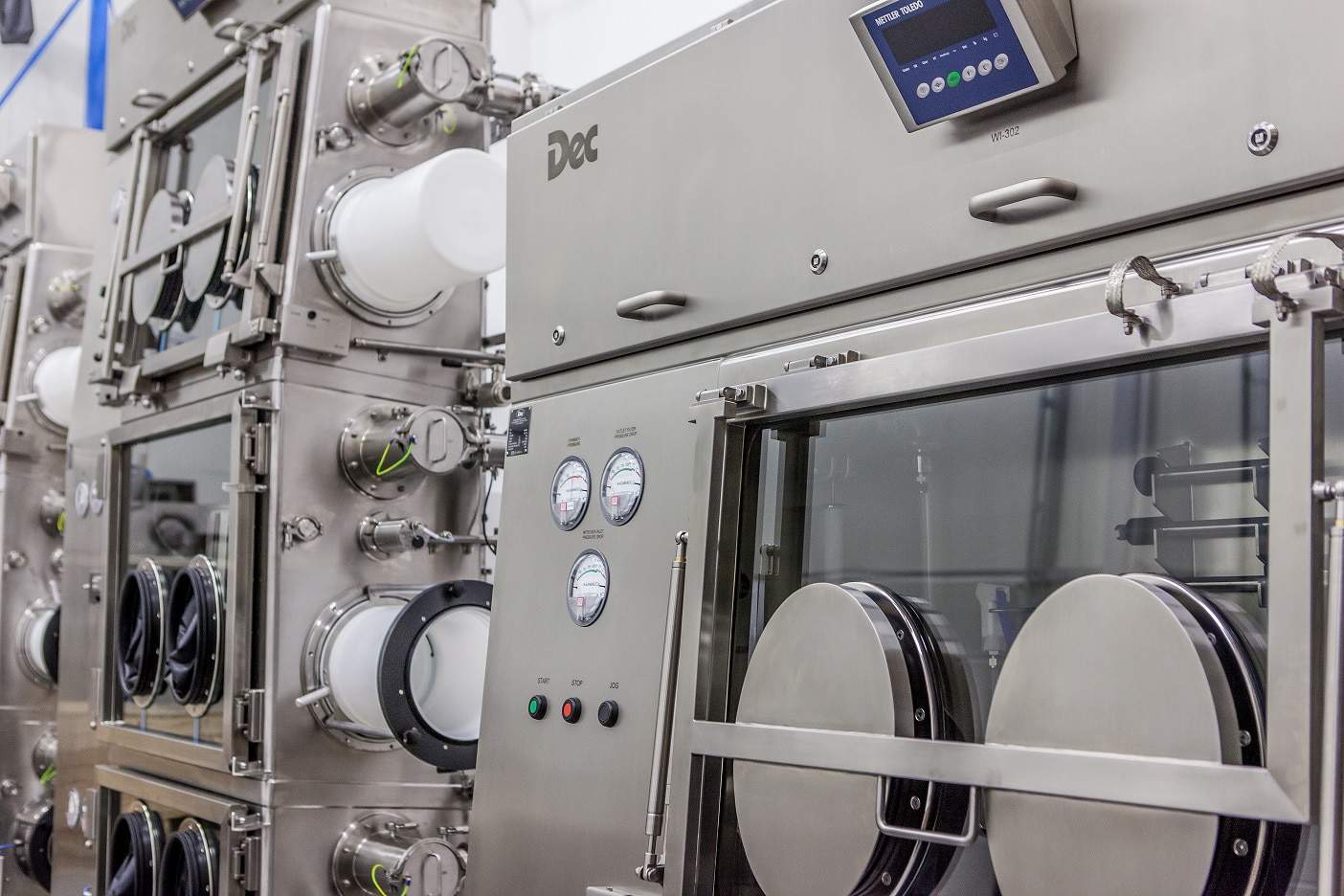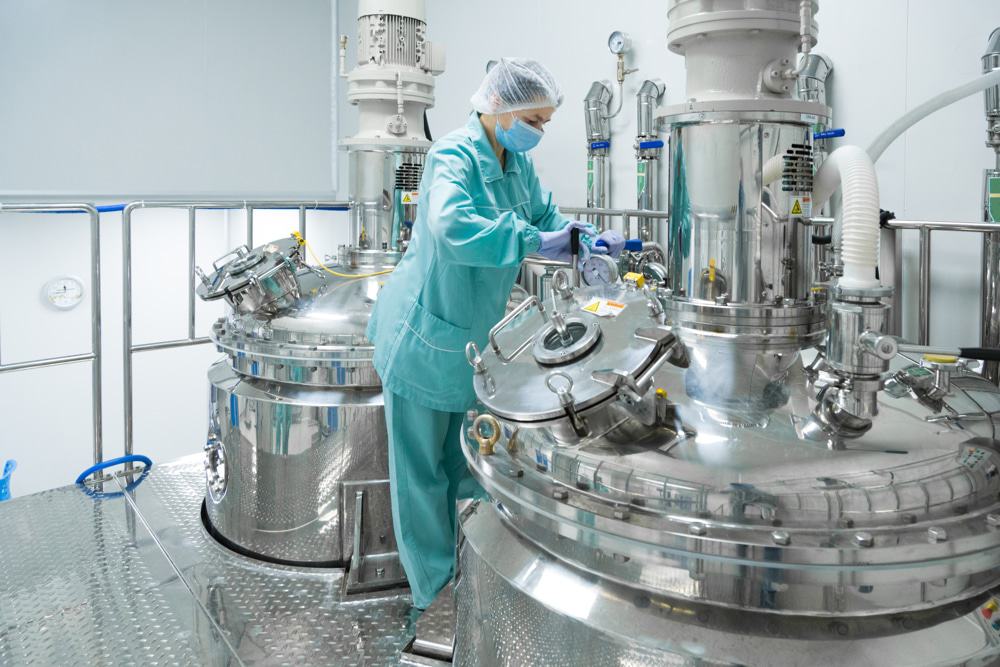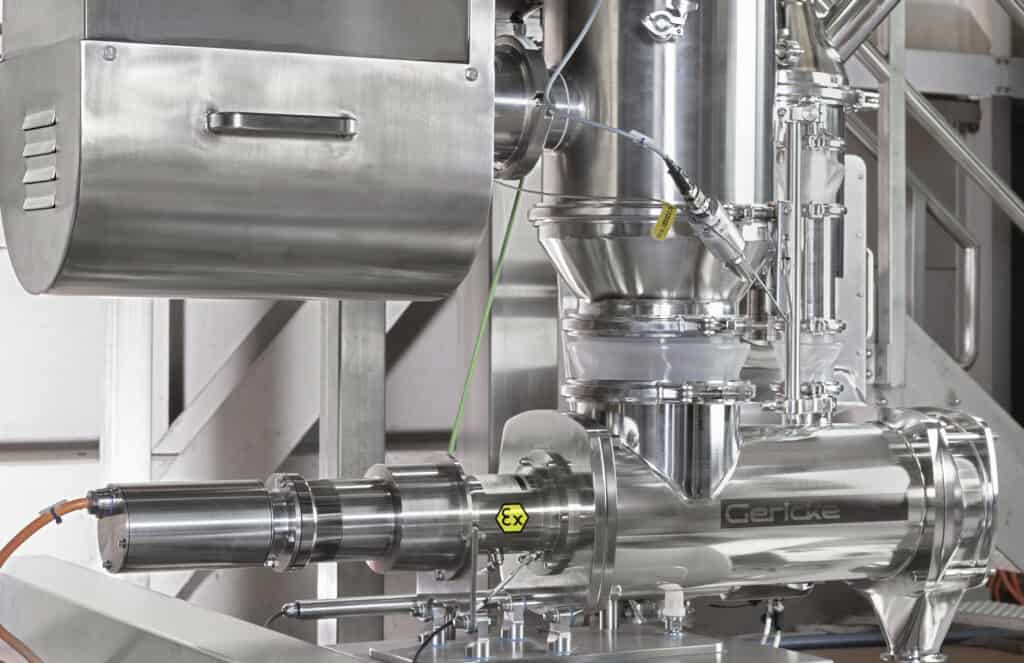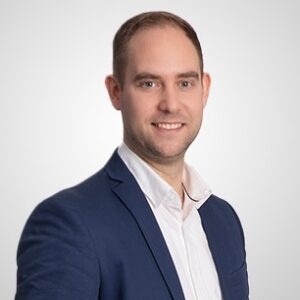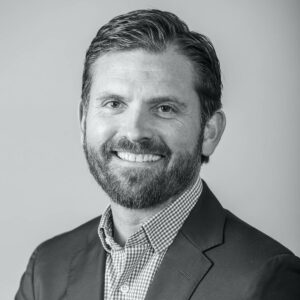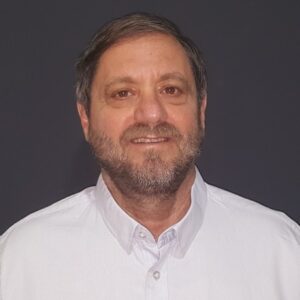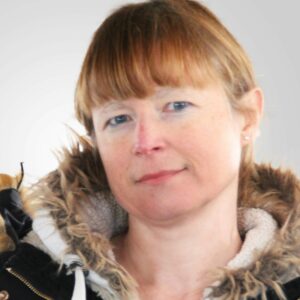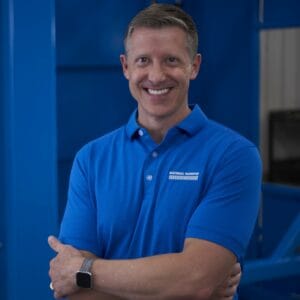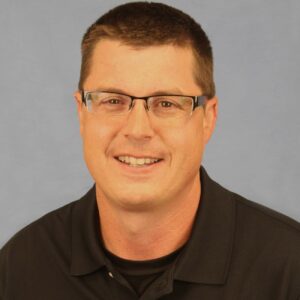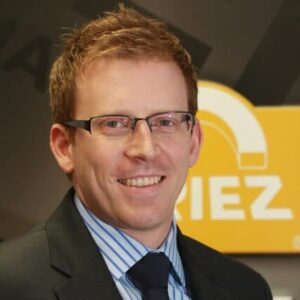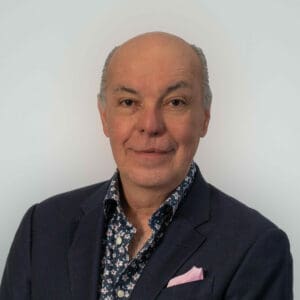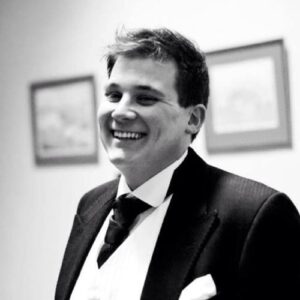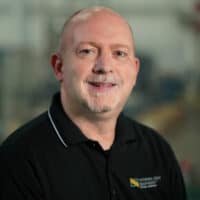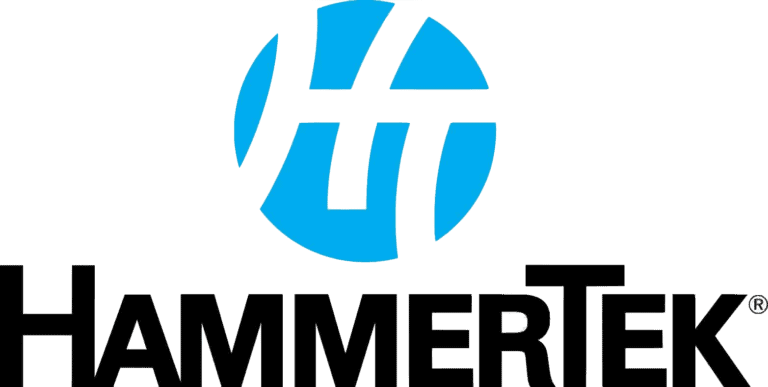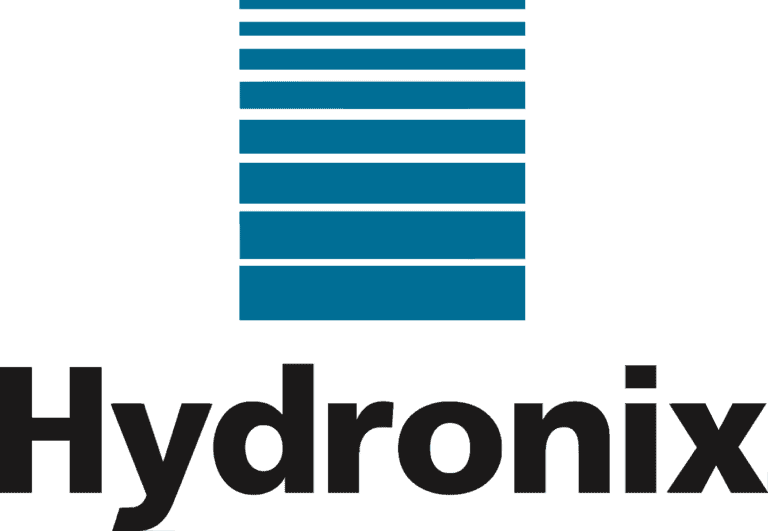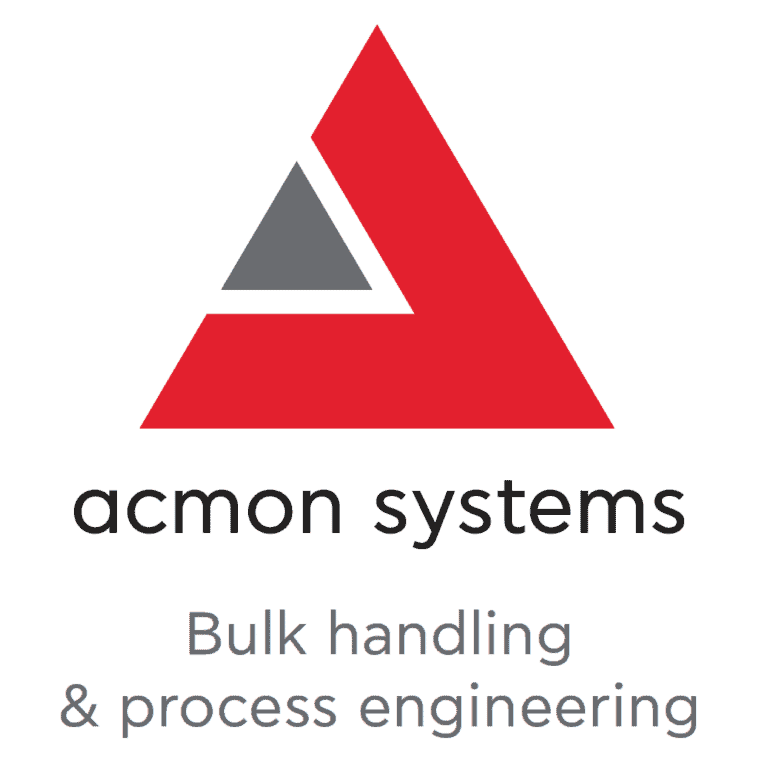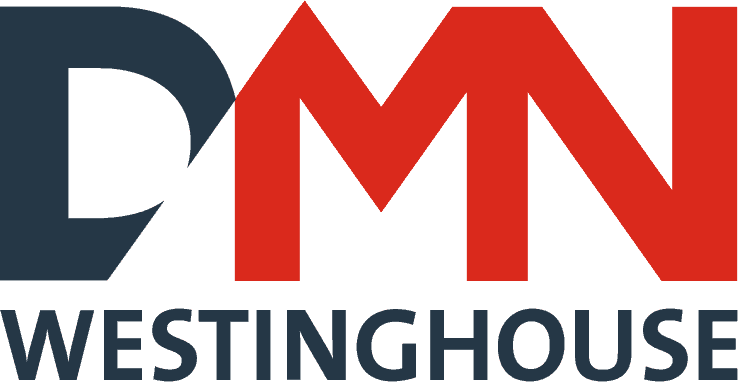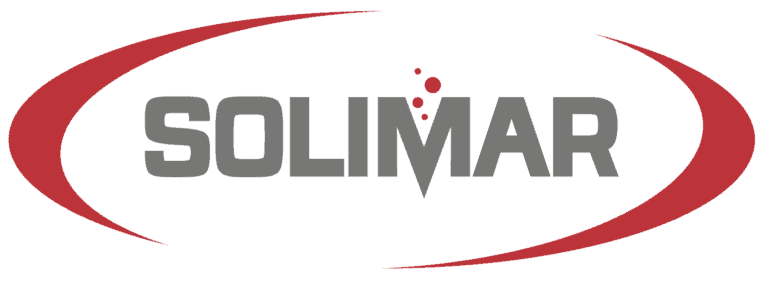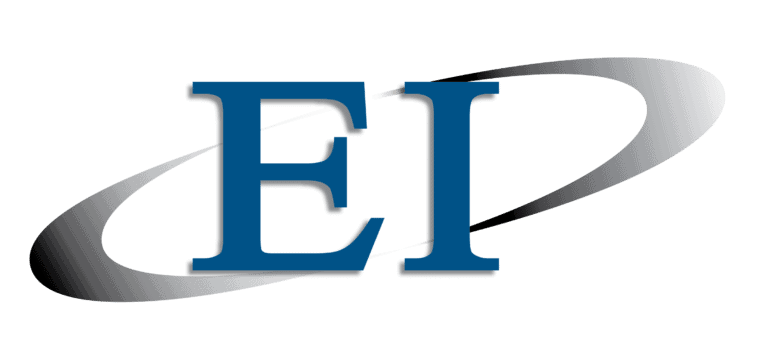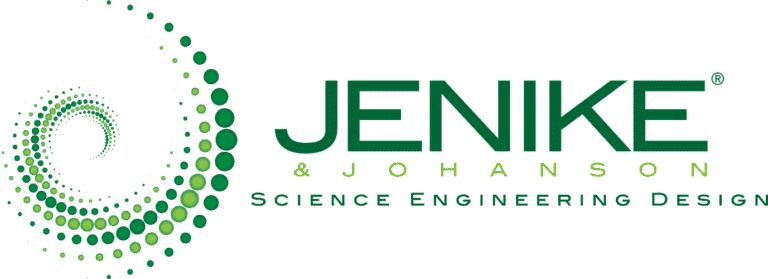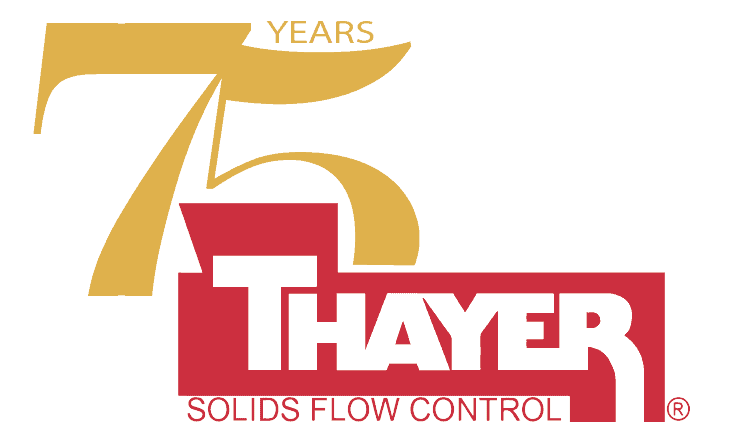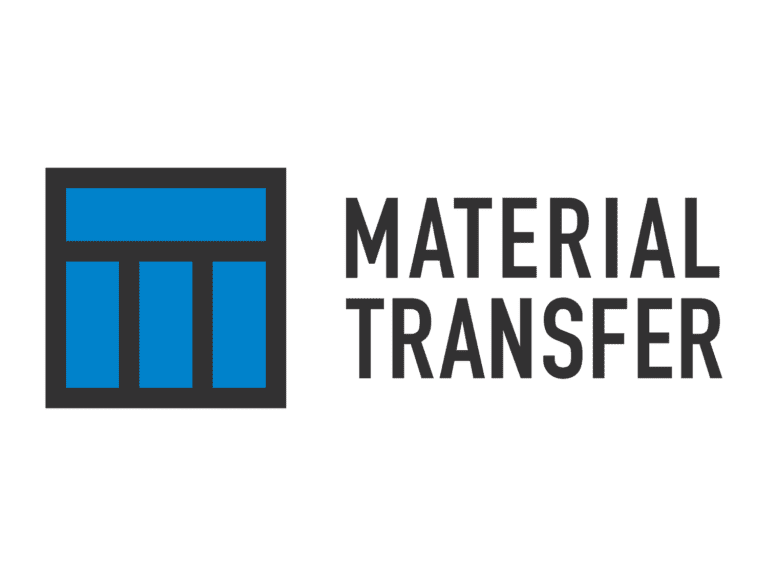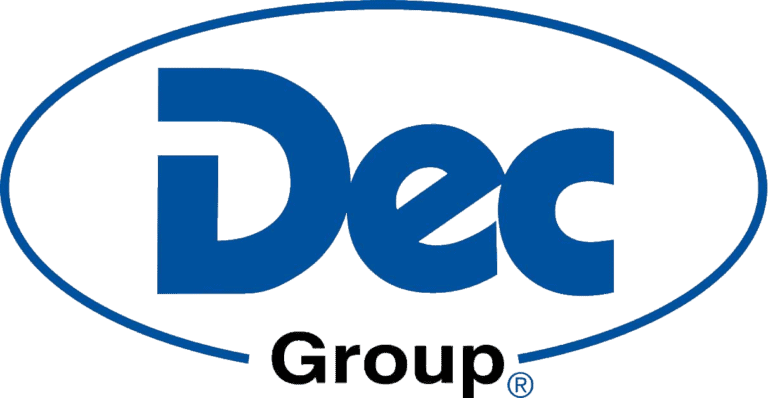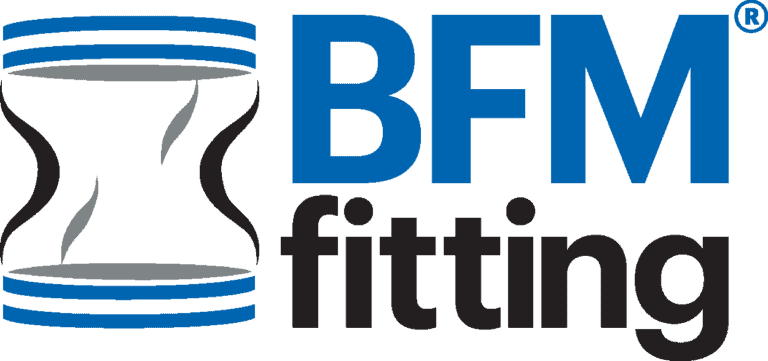The pharmaceutical manufacturing process is typically made up of a combination of specific unit processes chosen according to the physical and chemical characteristics of the active pharmaceutical ingredient.
Dry granulation: Compaction of a low-density powder to a granule. The roller compaction process consists of screw feed, compaction, and milling systems.
Powder blending: A wide range of excipients may be blended to create the final blend used to manufacture the solid dosage form in the pharmaceutical industry. The uniqueness of each drug formulation assures that no two blending processes can ever be identical.
High shear and wet granulation: Commonly used processes for densification, to improve flowability, content uniformity, or wettability or to improve dispensing qualities.
Fluid bed granulation: Top spray, bottom spray (Wurster), and rotary (tangential spray) are commonly used in the food and pharmaceutical industries.
Hot-melt extrusion: Utilized in pharmaceutical processing to deliver drugs with poor solubility and bioavailability. Of particular interest is the use of HME to disperse active pharmaceutical ingredients (APIs) in a matrix at the molecular level, thus forming solid solutions.
Drying: Understanding and controlling the moisture content of powders is critical to many pharmaceutical processes. Fluid bed or laminar flow drying conditions impact powder and granules’ physical and chemical characteristics.
Pharmaceutical milling: The process of using rotary cutters in pharmaceutical equipment machinery to remove materials from a workpiece by feeding in at an angle with the axis of the tool.
Compression of powder or granules into tablets: An efficient process for producing a solid dose medication.
Tablet coating equipment: Options include batch process coating pan, off-press continuous coating, or continuous processing.
Pharmaceutical encapsulation: The containment of a solid or liquid dose of a drug in a softshell or hard pre-formed capsule.
Micronization: The process of reducing the particle sizes of pharmaceutical products under very high pressures, shear, turbulence, acceleration, and impact, to make them more stable and clinically effective.





